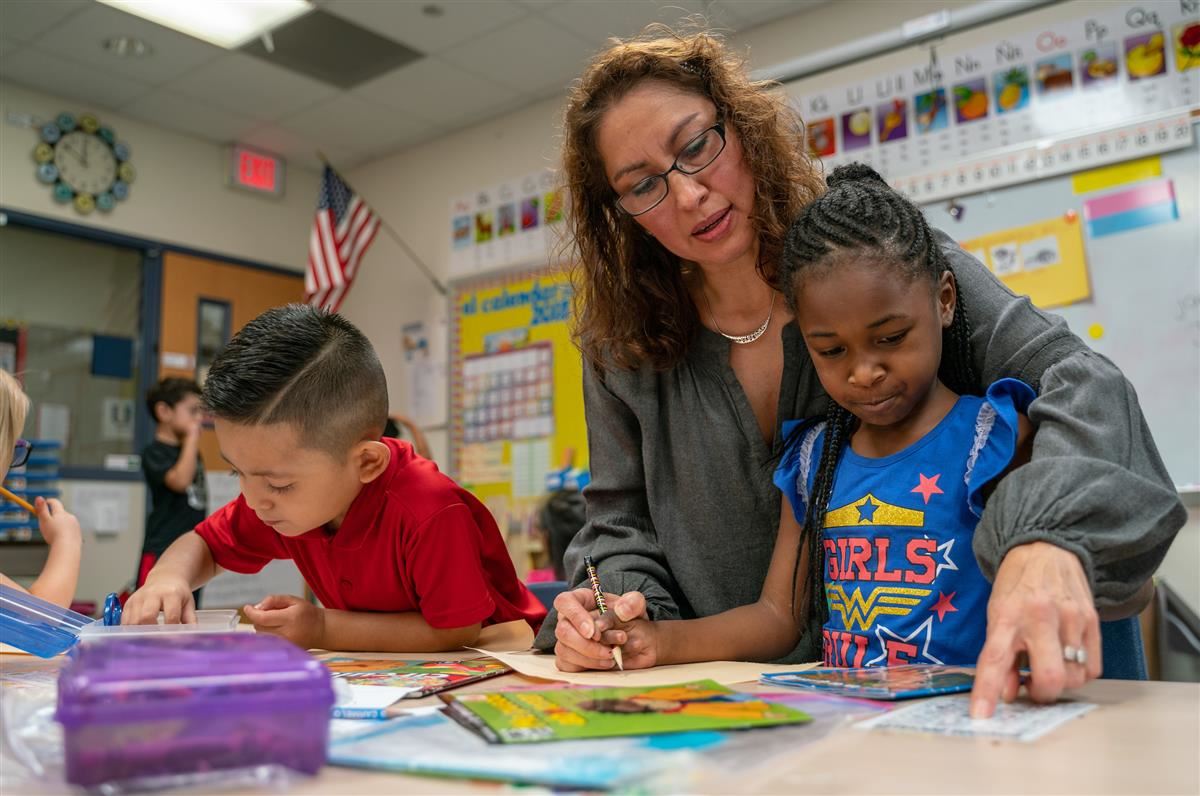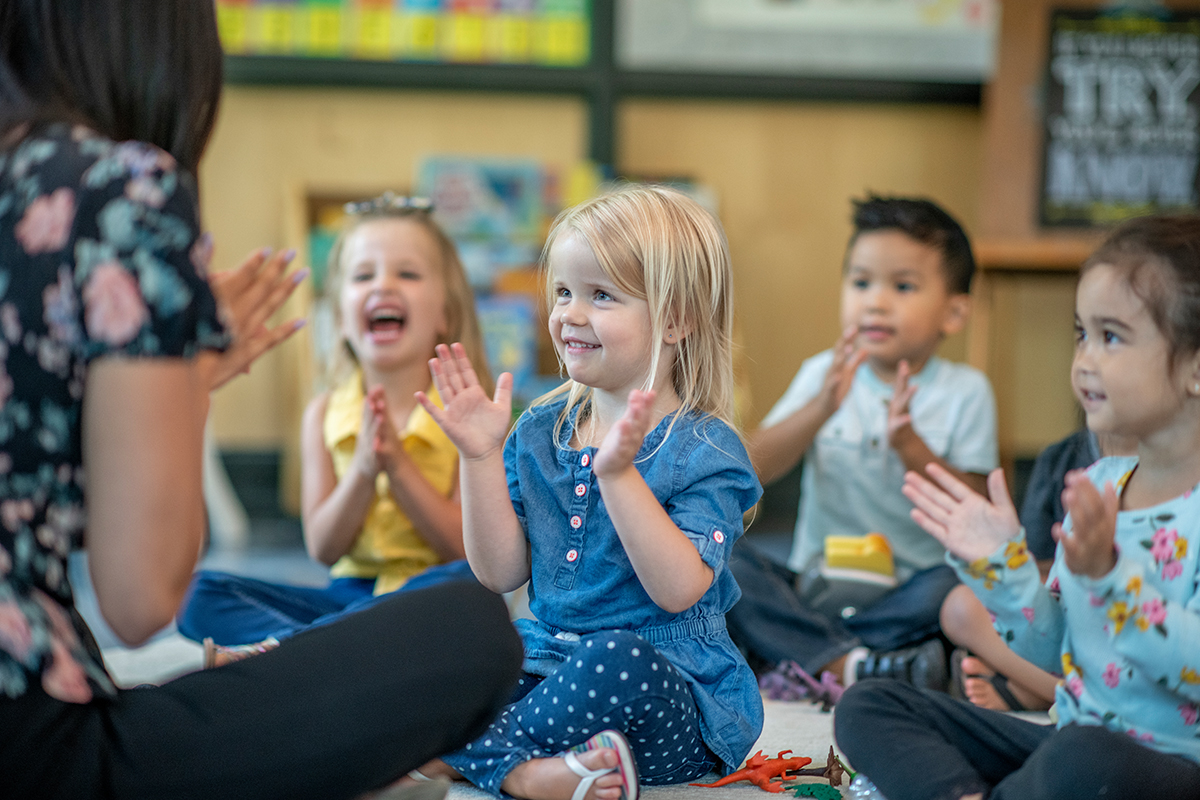Partnerships will play a critical role in helping local educational agencies provide high-quality summer learning opportunities to children impacted by the pandemic, according to experts and education practitioners spanning California to Virginia.
A March 29 webinar hosted by the U.S. Department of Education and the Center to Improve Social and Emotional Learning and School Safety at WestEd — Addressing the Impact of COVID-19 through Summer Learning and Enrichment — spotlighted evidence-based components of high-quality summer learning and enrichment programs, as well as how funds from the American Rescue Plan can support the design and implementation of such programs.
Jodi Grant, executive director of the Afterschool Alliance, noted that with mental health concerns on the rise and many children not having stepped foot in a classroom with their peers for more than year, the social emotional aspect of summer learning will be more important than ever. But schools won’t have to go it alone.
“This has been a really tough time for our kids. As we look to the summer and our recovery, we have an extraordinary opportunity,” Grant said. “When we’re thinking about this summer, we need to be thinking about tapping into all the resources that are in your community. Think about the infrastructure that already exists in your community. We can build back better with partnerships that are sustainable for years to come.”
District and county offices of education should look to build relationships with local community colleges, non-profits, libraries, faith-based groups, boys and girls clubs and even the business community — all of which have their own locations and staff that LEAs can turn to for support.
“Our teachers and our principals are tired — they’re not going to do this by themselves,” said Virginia Superintendent of Public Instruction, Dr. James Lane. “We’re not going to expect every teacher to come in during the summer. It’s going to have to be done in partnership with our community and bringing in a wide variety of partners to meet all the varying needs that we have.”
LEAs will need to be mindful and accommodating of student needs
More families are facing poverty, meal insecurity and homelessness as a result of the pandemic, so while children and their guardians are eager for summer learning opportunities, that doesn’t mean they will always have access to the resources they need to get their child to a location prepared and well fed.
Through the Children’s Defense Fund Freedom Schools program, partners have been receiving trauma-informed training to be mindful of all the things youth and their families may be experiencing.
“You have to reimagine what a typical summer program is going to look like and sometimes you have to go to your constituents,” said Dr. Kristal Moore Clemons, national director of the Children’s Defense Fund Freedom Schools. “We’re not just at public schools — we’re at institutions of higher education, we’re in churches, we’re in our community-based organizations and our juvenile justice centers. We’re serving our scholars with their local context in mind.”
That also means making sure programs are engaging for children, and that summer programing schedules work into families’ schedules. Rather than taking place for a few hours in the afternoon, providing all-day summer learning may be needed.
Secretary of Education Miguel Cardona announced March 24 a joint effort by governors and state education chiefs to create plans for summer learning and enrichment programs serving students most impacted by the pandemic. Beginning in April, the Summer Learning & Enrichment Collaborative will assist state and local educational agencies in planning how to use new relief funds, including the $1.2 billion earmarked for summer enrichment in the American Rescue Plan, Cardona said.
Throughout the country, districts are considering a range of approaches for the summer, including extending the 2020–21 and 2021–22 academic years, utilizing small class sizes and offering high-dosage tutoring.
Many LEAs in California are looking ahead to summer and developing programming that is both intensive and engaging in order to best address the learning loss children have experienced during this past year of distance learning. San Diego Unified School District trustees approved during its March 9 meeting $22 million in spending for an expanded in-person and online summer school program and community summer enrichment programs. Another district, West Contra Costa USD, will offer a summer learning program that goes beyond the district’s typical summer offerings and includes credit recovery opportunities at every high school, college preparedness and special education programs.
Dr. Carol Hill, San Francisco Beacon Initiative executive director, highlighted during the webinar the importance of getting student input when designing summer learning opportunities to better promote buy in. And in doing that work, LEAs can continue to strengthen the ways in which they’ve been forced to work with the community during the pandemic.
“Those connections that have been made as a result of the crazy time that we’ve had to live through this last year, capitalize on all those connections,” Hill said. “Strengthen those bonds, because … nobody wants to go back to the way things were. People want to continue to make sure that these partnerships grow in service of our kids and families.”





